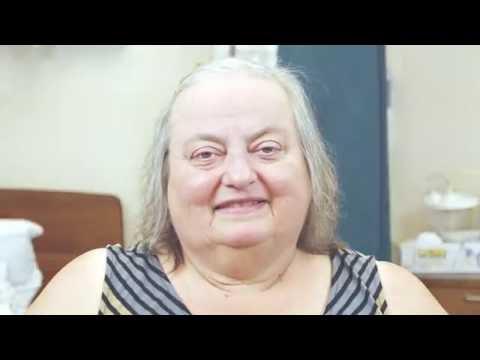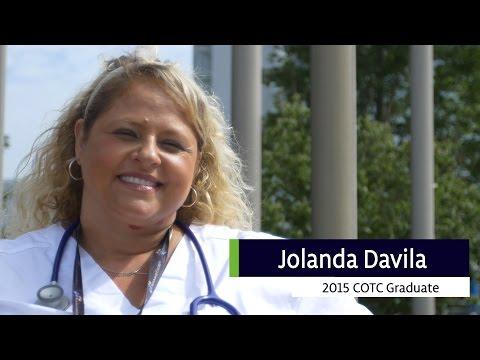Elizabeth Barnhart Award
The Elizabeth Barnhart Award for Nursing Excellence is presented to a graduating associate degree nursing student from the Newark campus who exemplifies the highest ideals of the nursing profession: intelligence, commitment, sacrifice, integrity and a compassionate connection to others.
Nursing Program – Additional Information
Philosophy
The Department of Nursing embraces the college’s mission by preparing students to take nursing licensure examinations and by encouraging self-fulfillment through lifelong learning and service to others. The faculty of the Department of Nursing believe that nursing is both an art and a science — a caring profession with a continuously expanding body of knowledge. Through the use of evidence-based practice, nurses must strive to assist individuals, families and communities to achieve optimal functioning, consistent with the delivery of safe and effec



